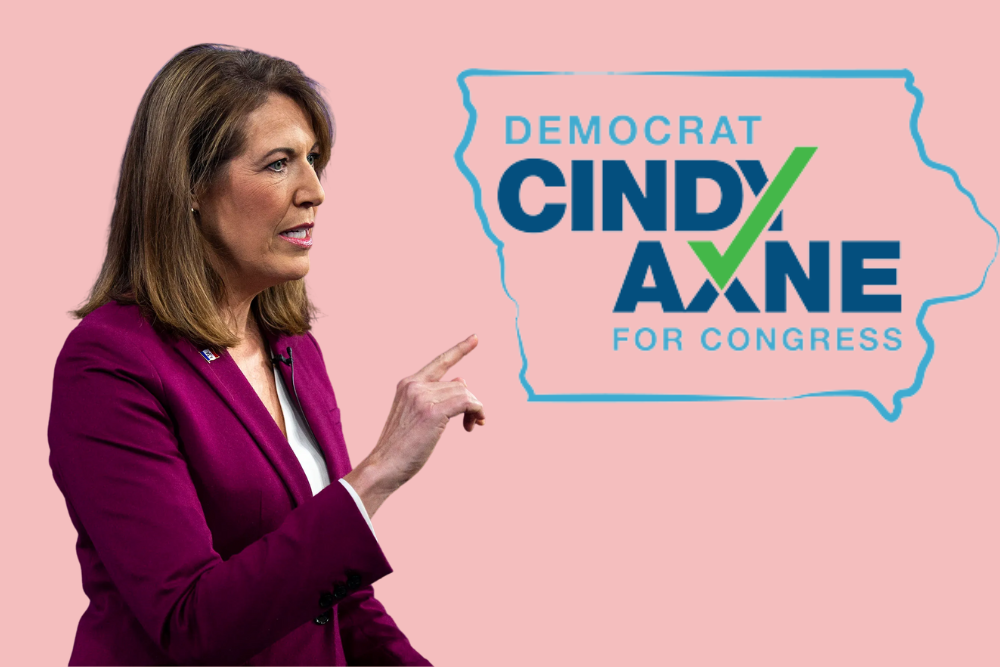Today, Rep. Cindy Axne (IA-03) voted to advance legislation that would restore the power of the Voting Rights Act and protect the right to vote for millions of American voters.
New restrictions of voting rights and access to the ballot box are becoming law in Iowa and across the country, with 28 laws in more than a dozen states enacted in just the last eight months.
The John R. Lewis Voting Rights Advancement Act of 2021, which Rep. Axne co-sponsored and helped pass through the U.S. House, seeks to address efforts to make voting more difficult by restoring and updating portions of the Civil Rights Era’s Voting Rights Act which were struck down or weakened by the U.S. Supreme Court.
“Across our country and right here in Iowa, voting rights are under attack. Not only are state legislatures are passing new voter suppression laws that limit access to the ballot and make it harder to vote, but courts are also eroding the legislation we already have in place to protect voting rights,” said Rep. Axne. “The Voting Rights Act of 1965, one of country’s greatest victories from the Civil Rights Era, ensured for decades that localities could not enact discriminatory measures that undermine Americans’ right to vote. But recent court rulings have stripped away some of its most essential protections. I’m proud to help get legislation named for my late friend and voting rights champion John Lewis passed through the House today to restore and update the Voting Rights Act to defend against voter suppression and give citizens the foundation to challenge attacks on their rights.”
The Voting Rights Act of 1965 established protections that required states and localities with a recent history of voting rights violations must pre-clear election changes with the U.S. Department of Justice.
But in 2013, the Supreme Court invalidated the existing preclearance formula in its Shelby County v. Holder ruling, inviting Congress to craft a new coverage formula for preclearance based on “current conditions.”
The John R. Lewis Voting Rights Advancement Act creates a new coverage formula for preclearance that hinges on a finding of repeated voting rights violations in the preceding 25 years.
The legislation also seeks to strengthen the ability for Americans to challenge laws that limit voting rights, a provision of the Voting Rights Act that was weakened last month by the Supreme Court’s ruling in Brnovich v. DNC.
The bill also establishes nationwide “practice-based preclearance,” which would ensure preclearance is required for all jurisdictions that engage in certain kinds of proposed changes to voting rules, including reductions of polling locations or polling hours or changing procedures regarding maintenance of voter registration lists.
Earlier this year, the Iowa legislature and the Governor of Iowa enacted a new law that limited the hours of polling places on Election Day, shrank the window for early and absentee voting, and curtailed the availability of ballot drop-off locations.
According to the Brennan Center for Justice, 17 states have enacted 28 new laws that restrict access to the vote.
Original source can be found here


